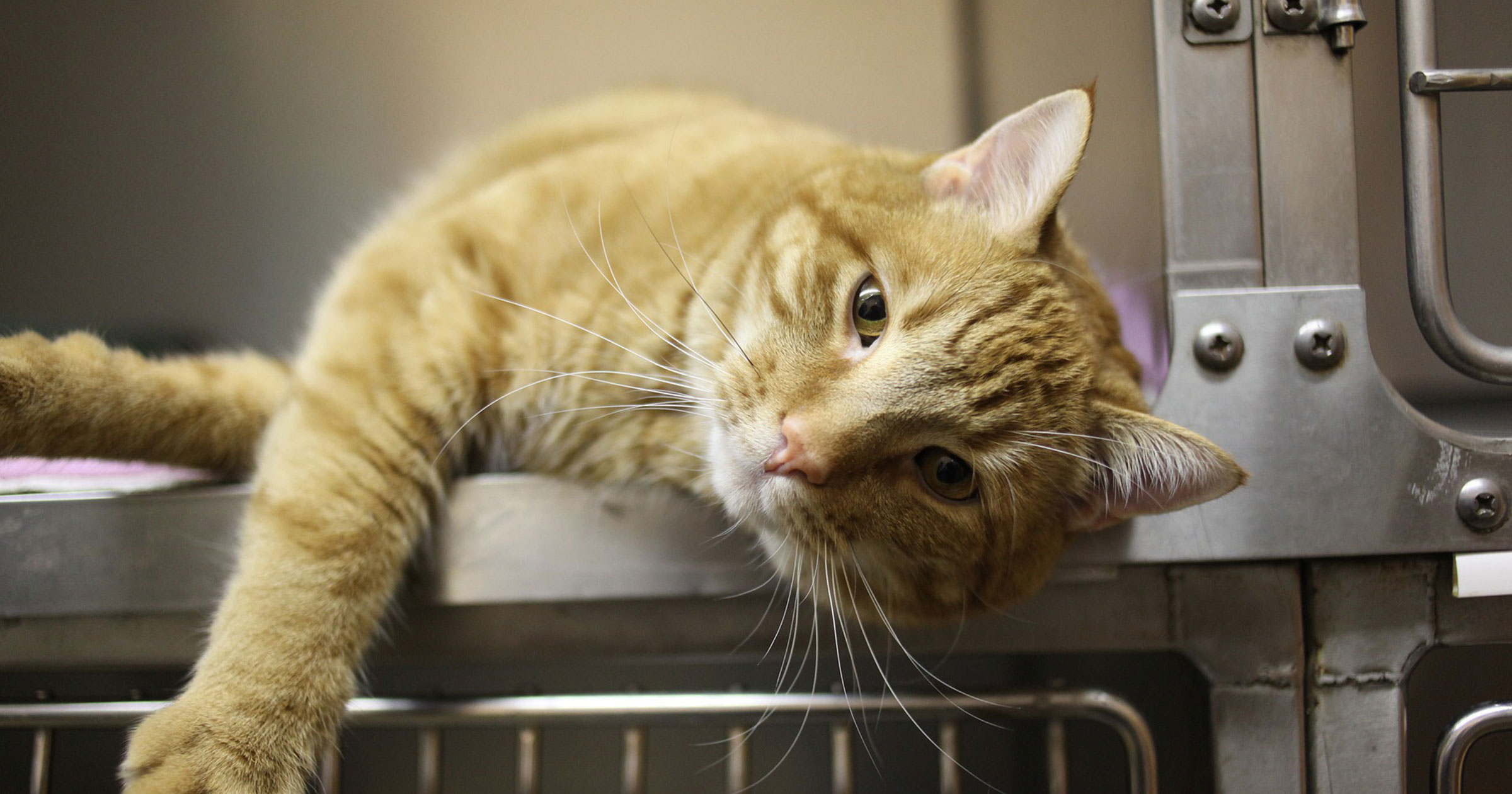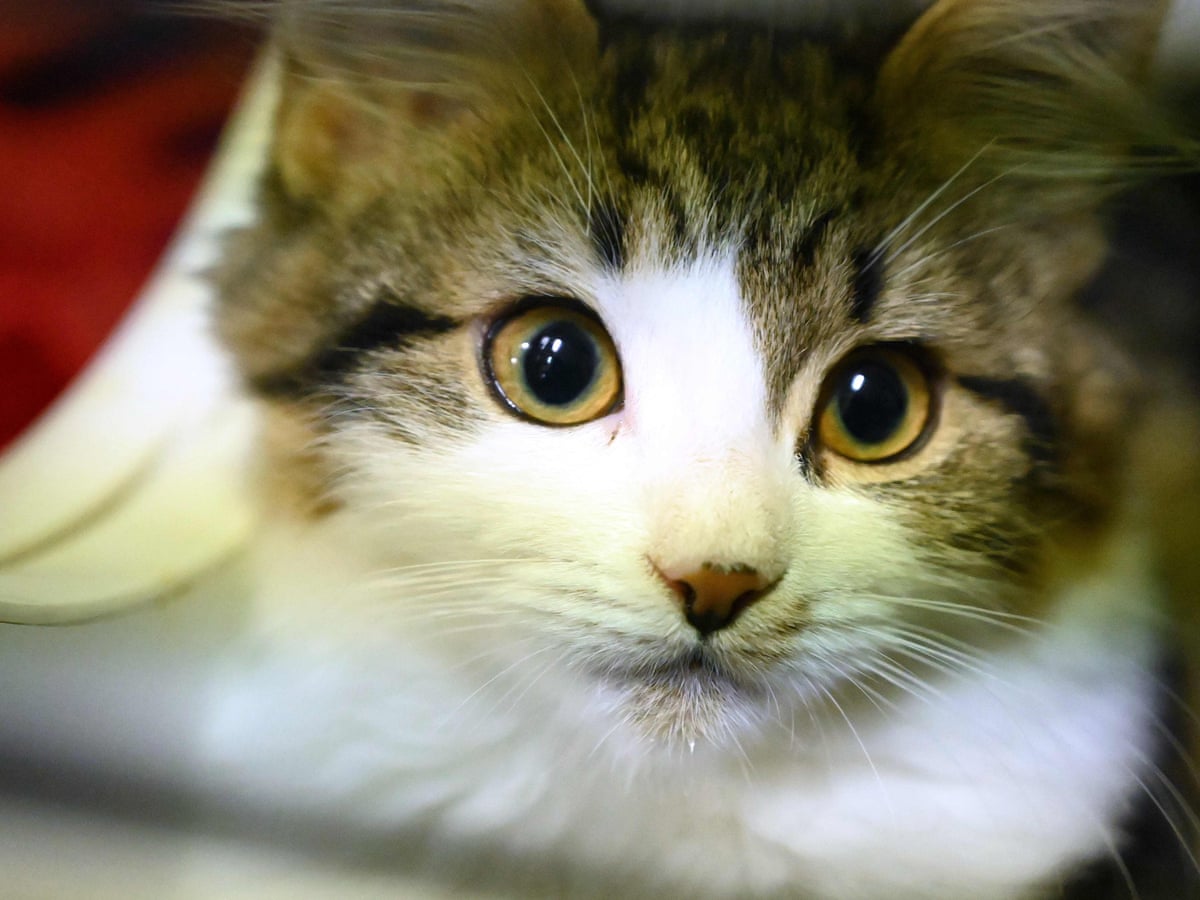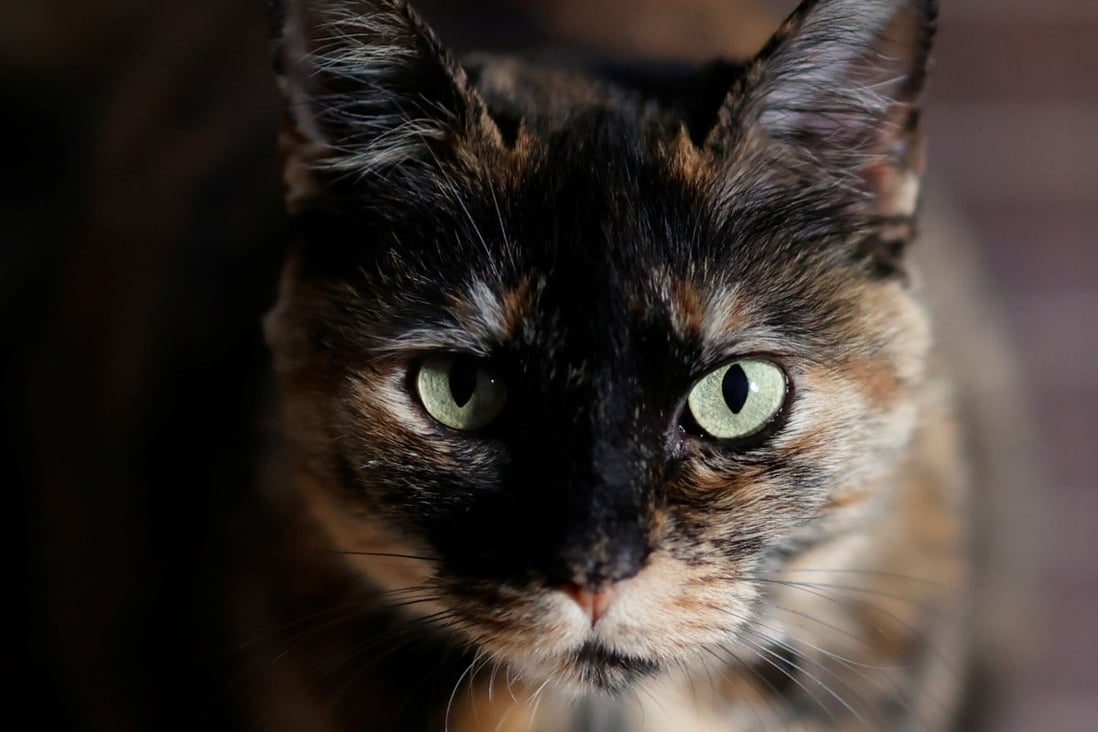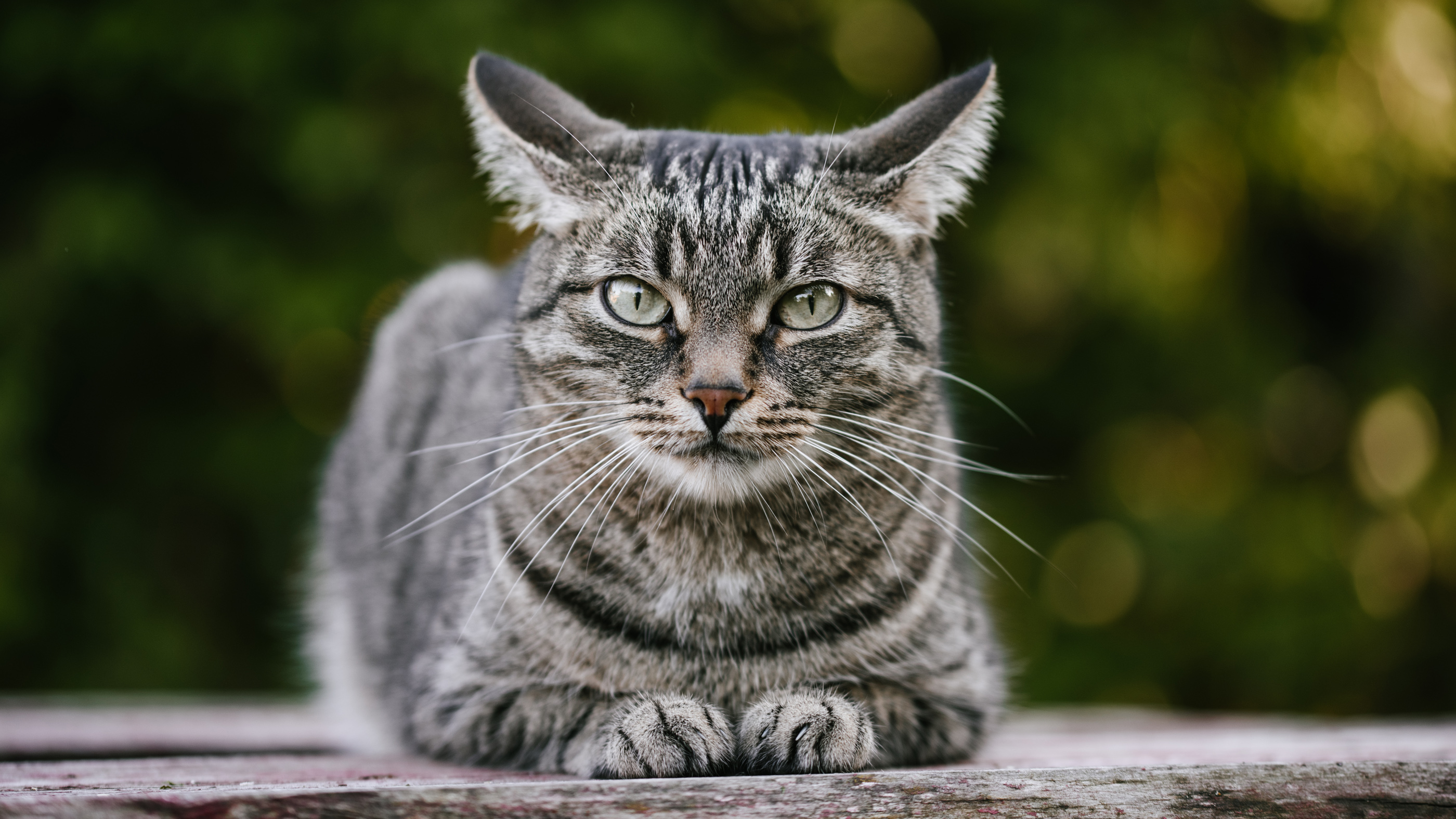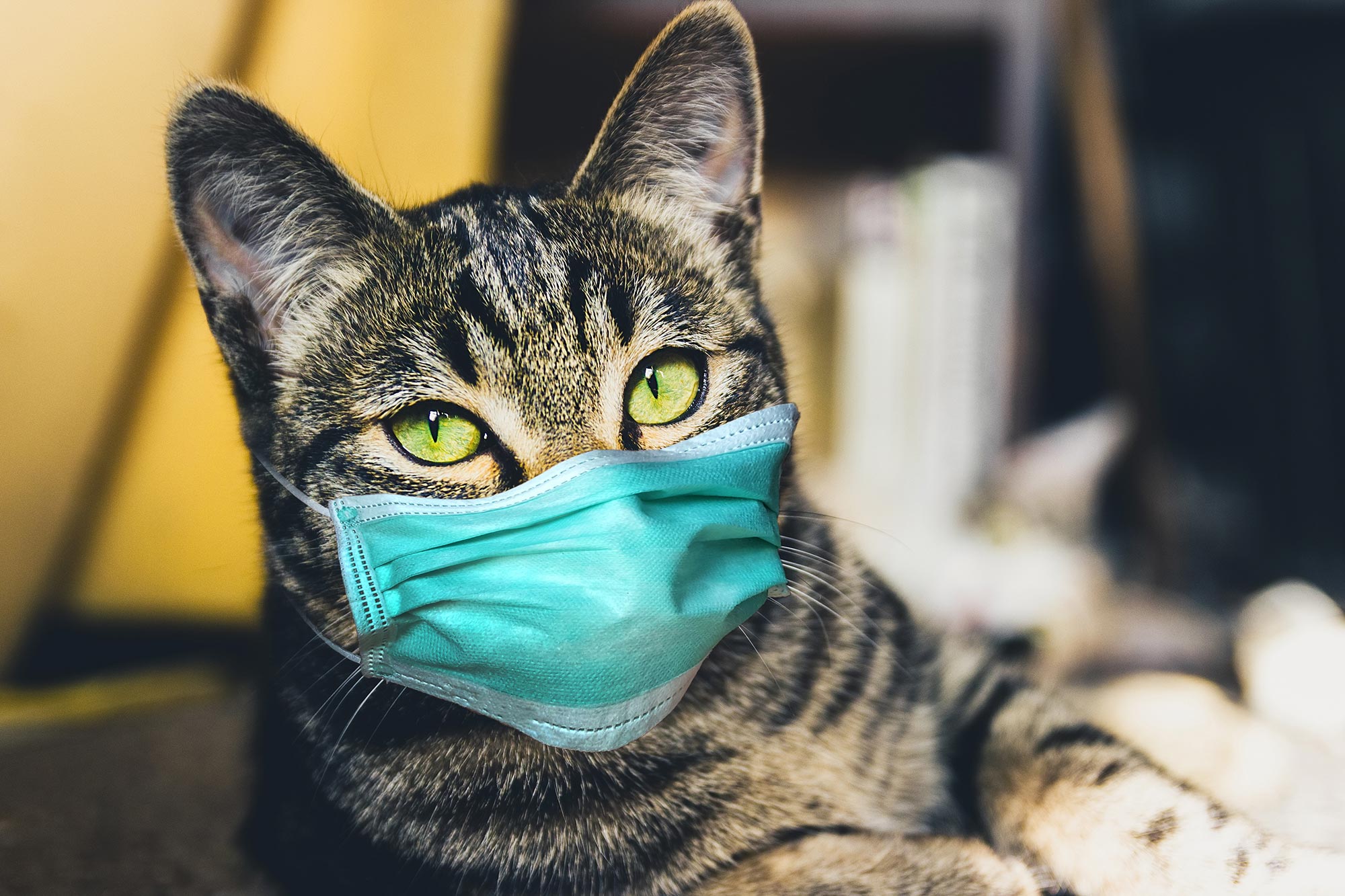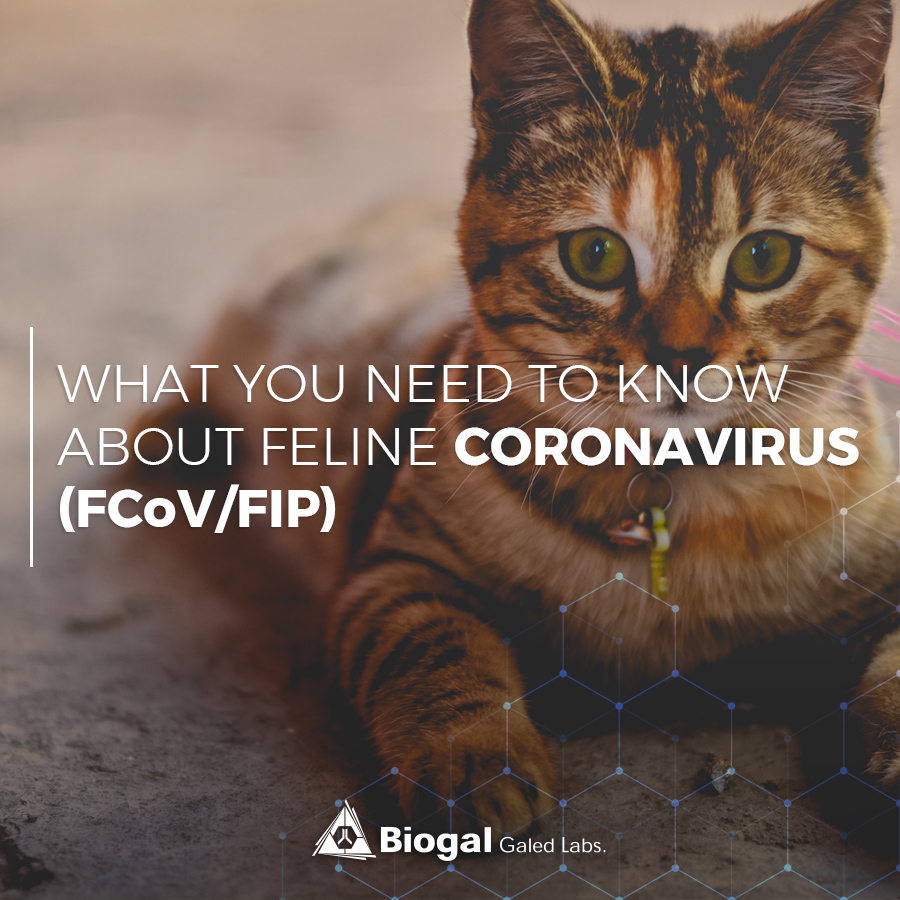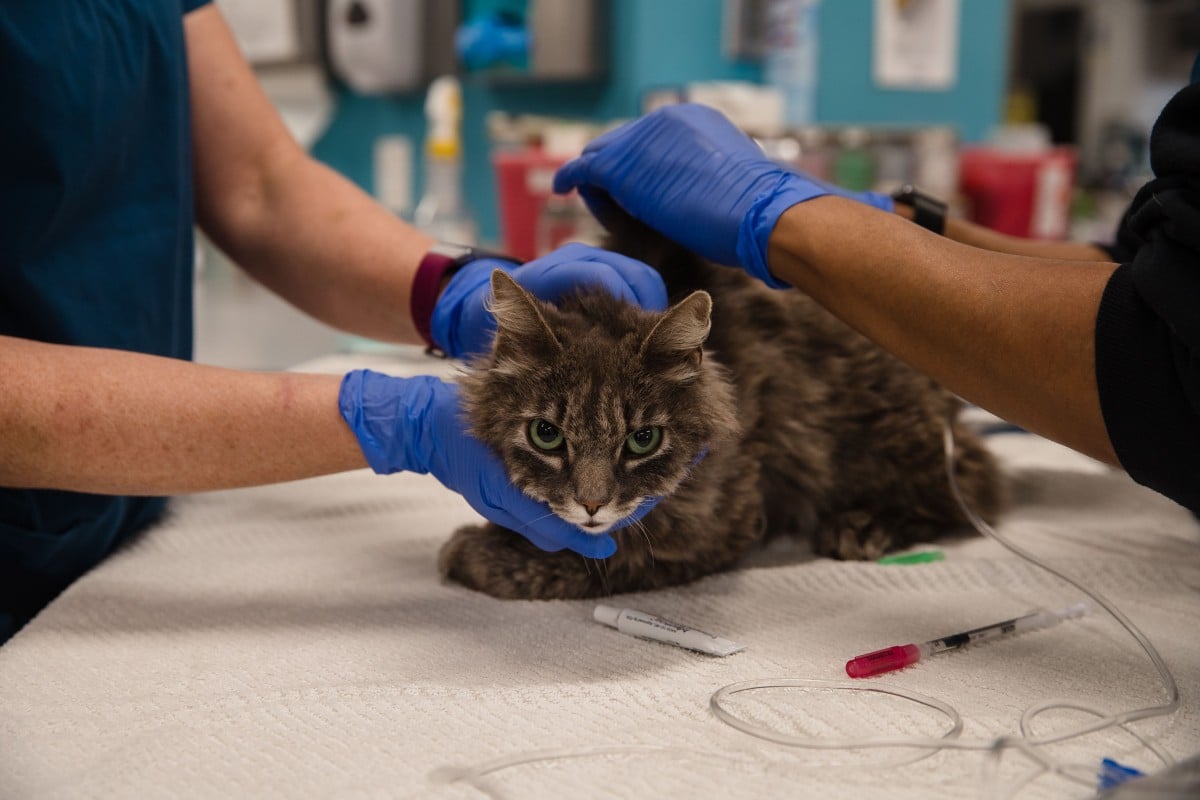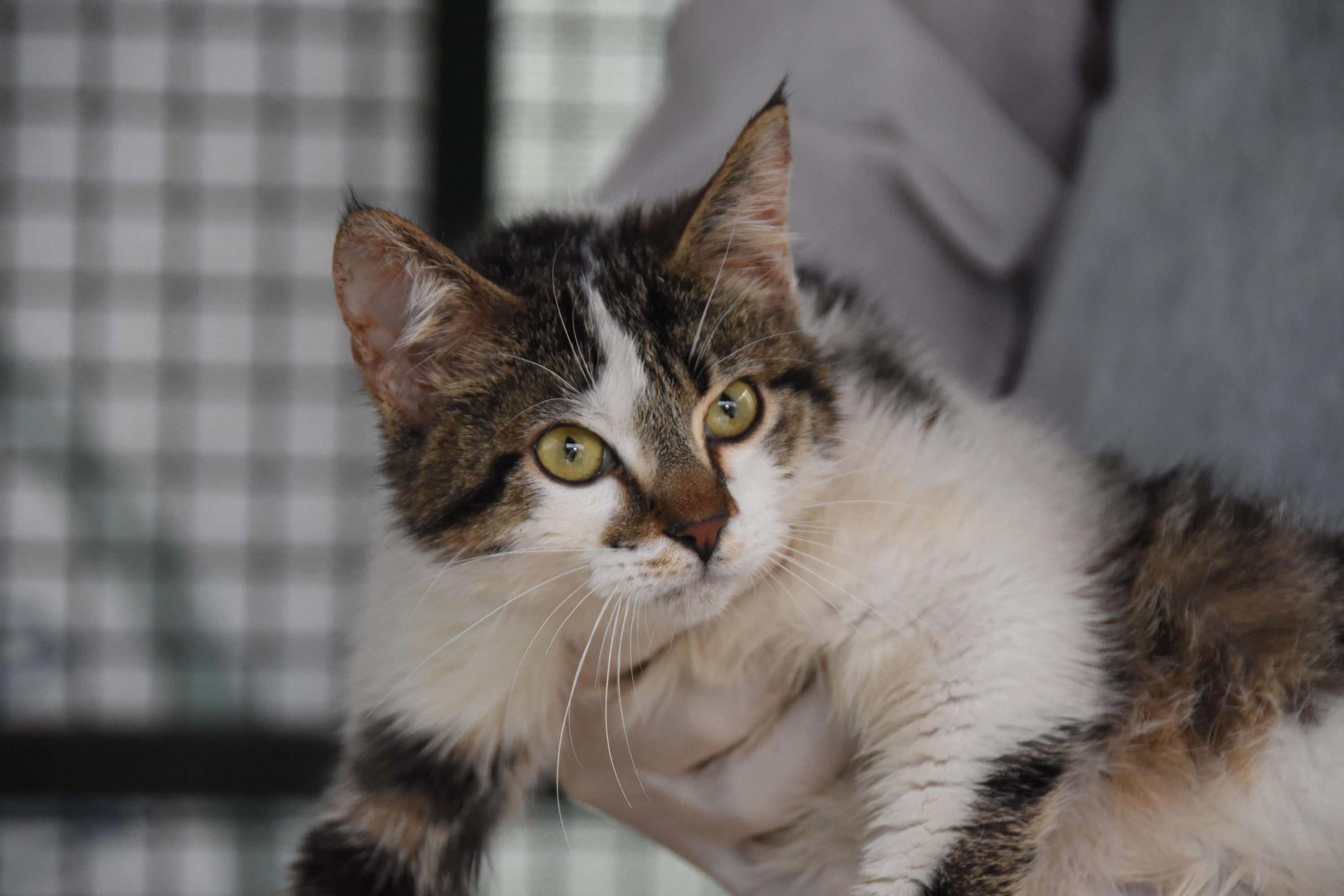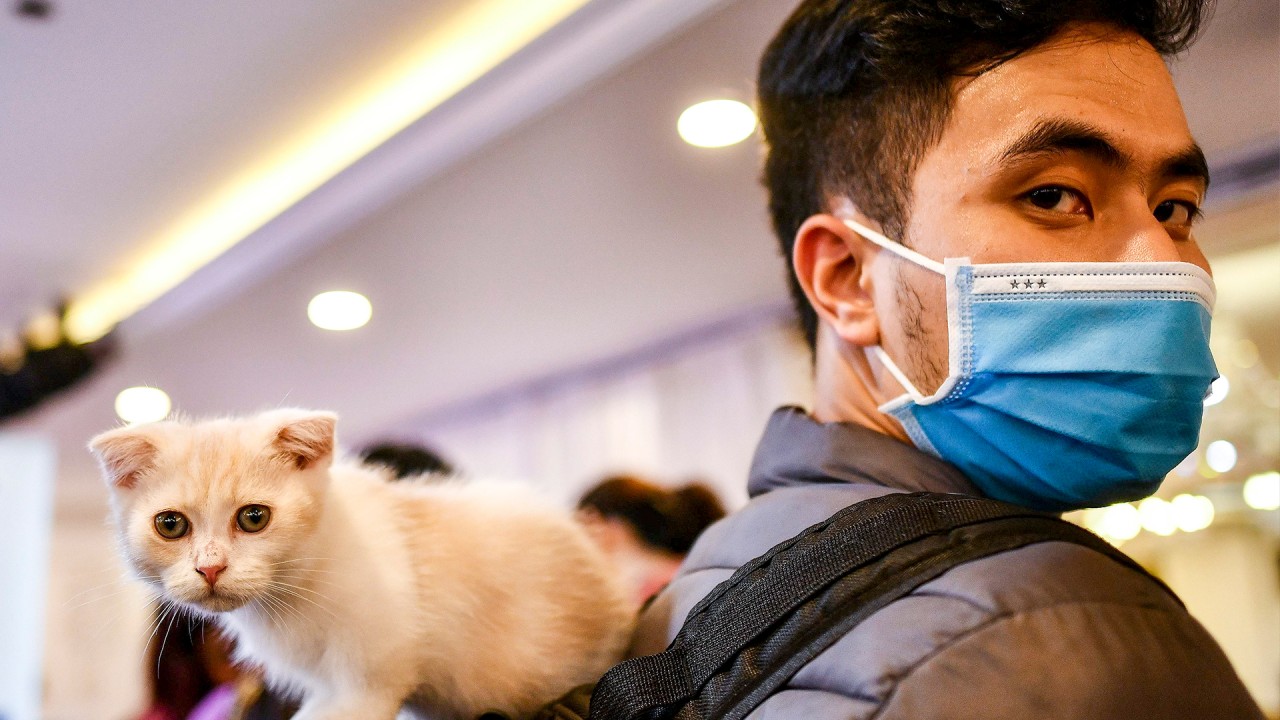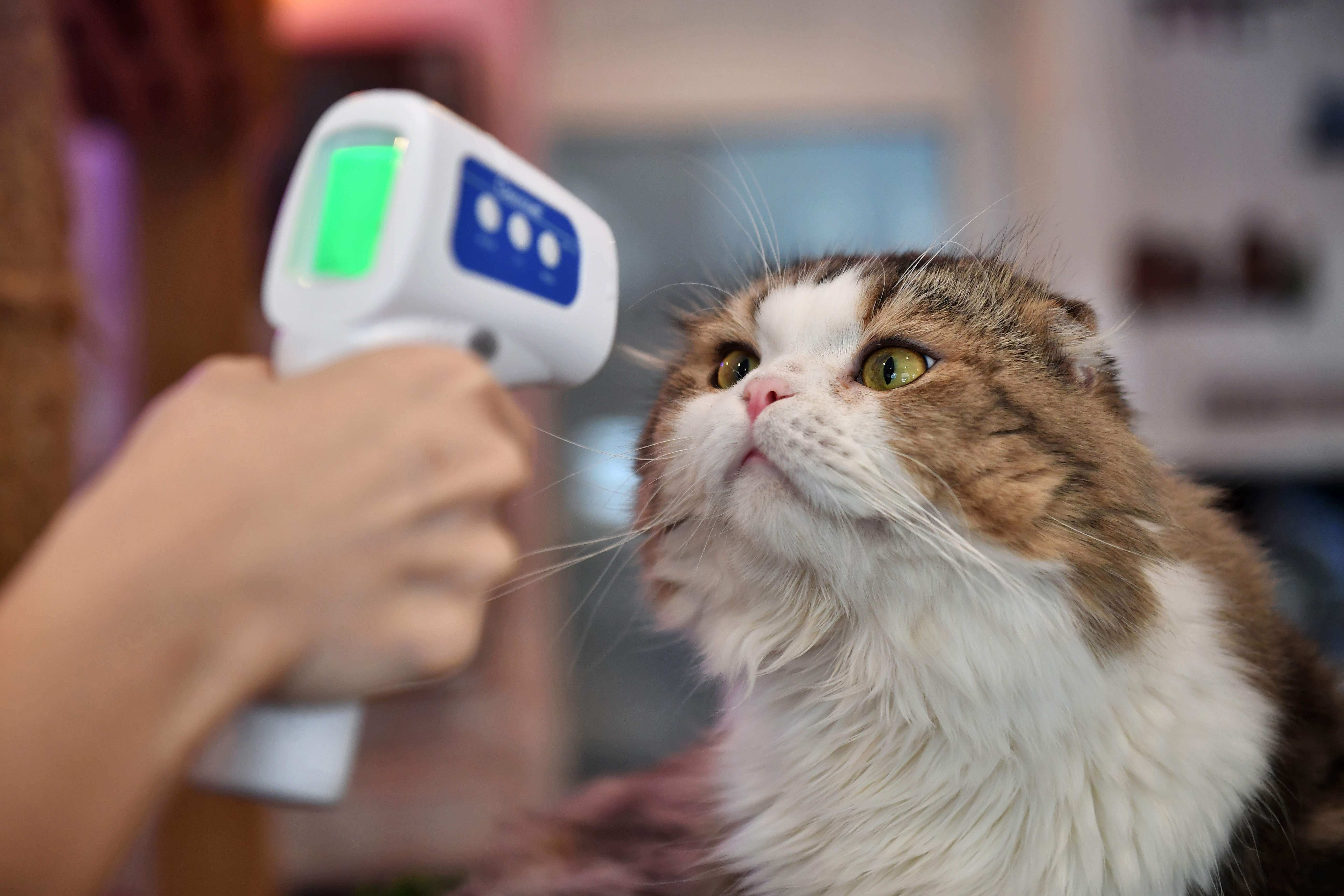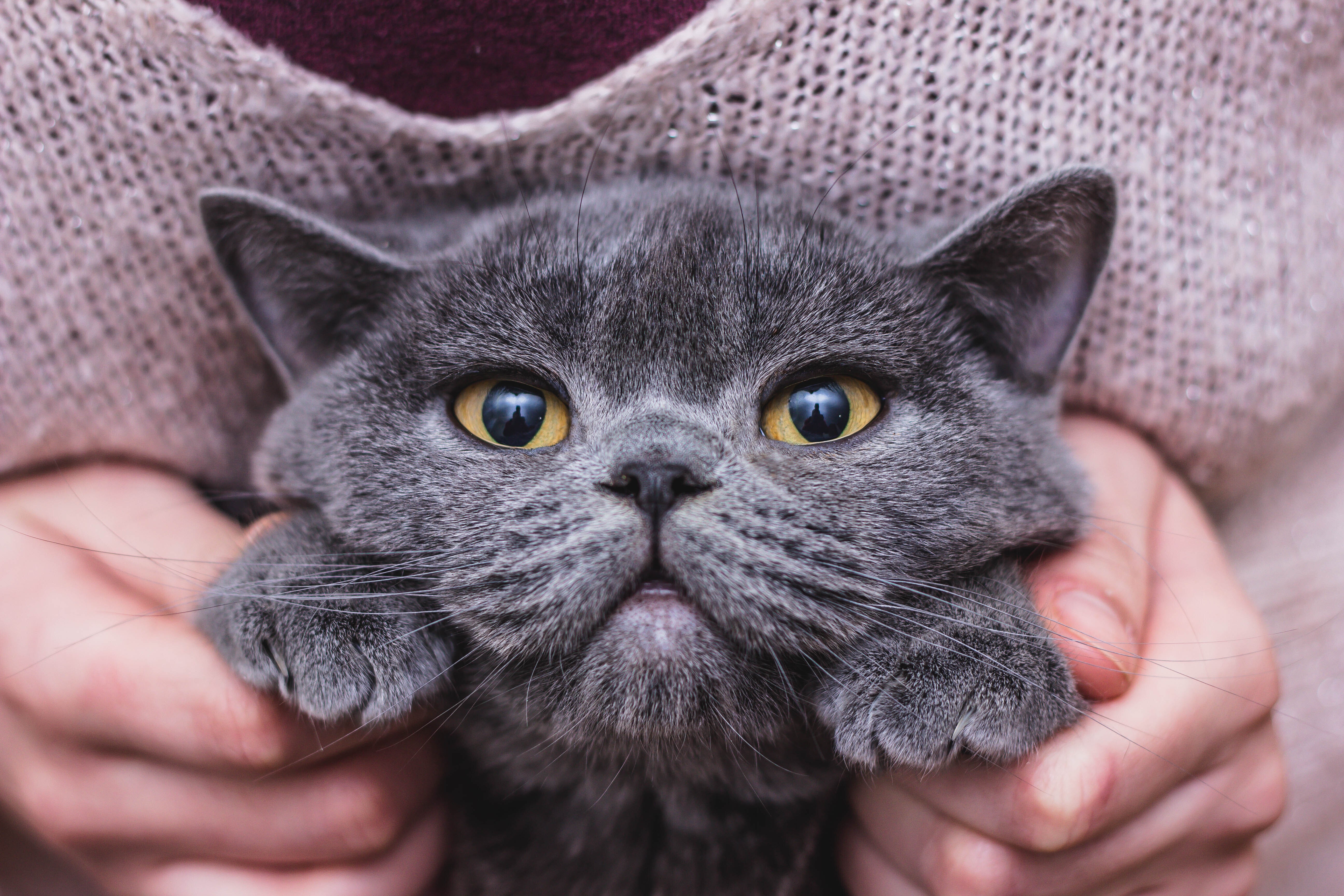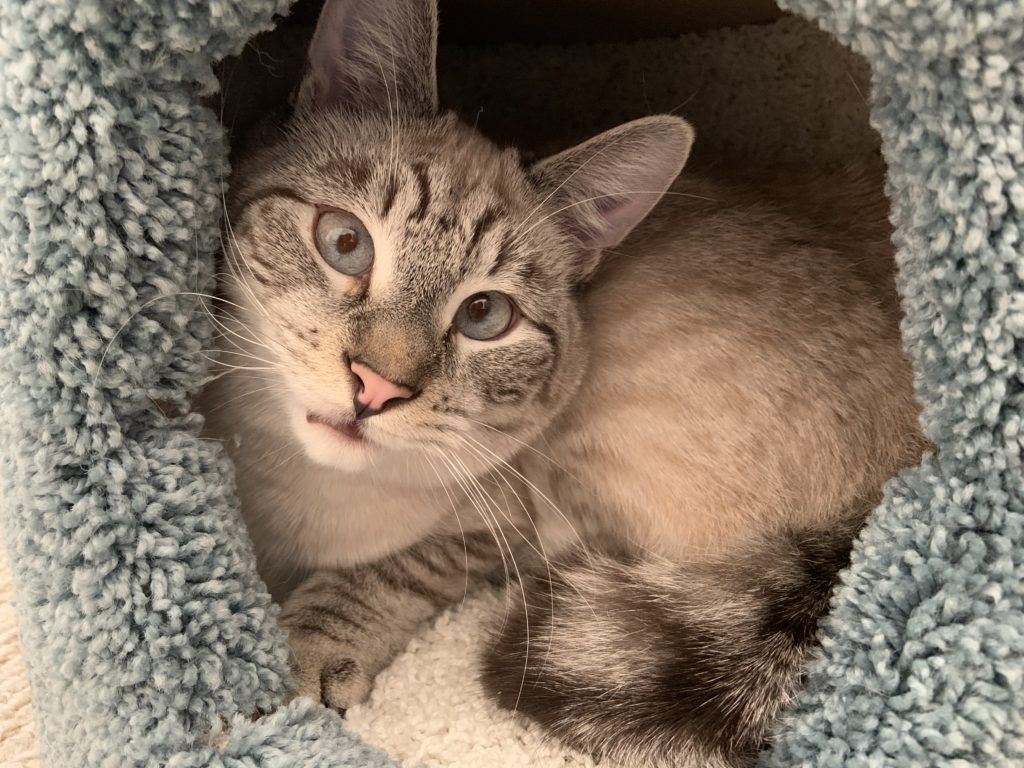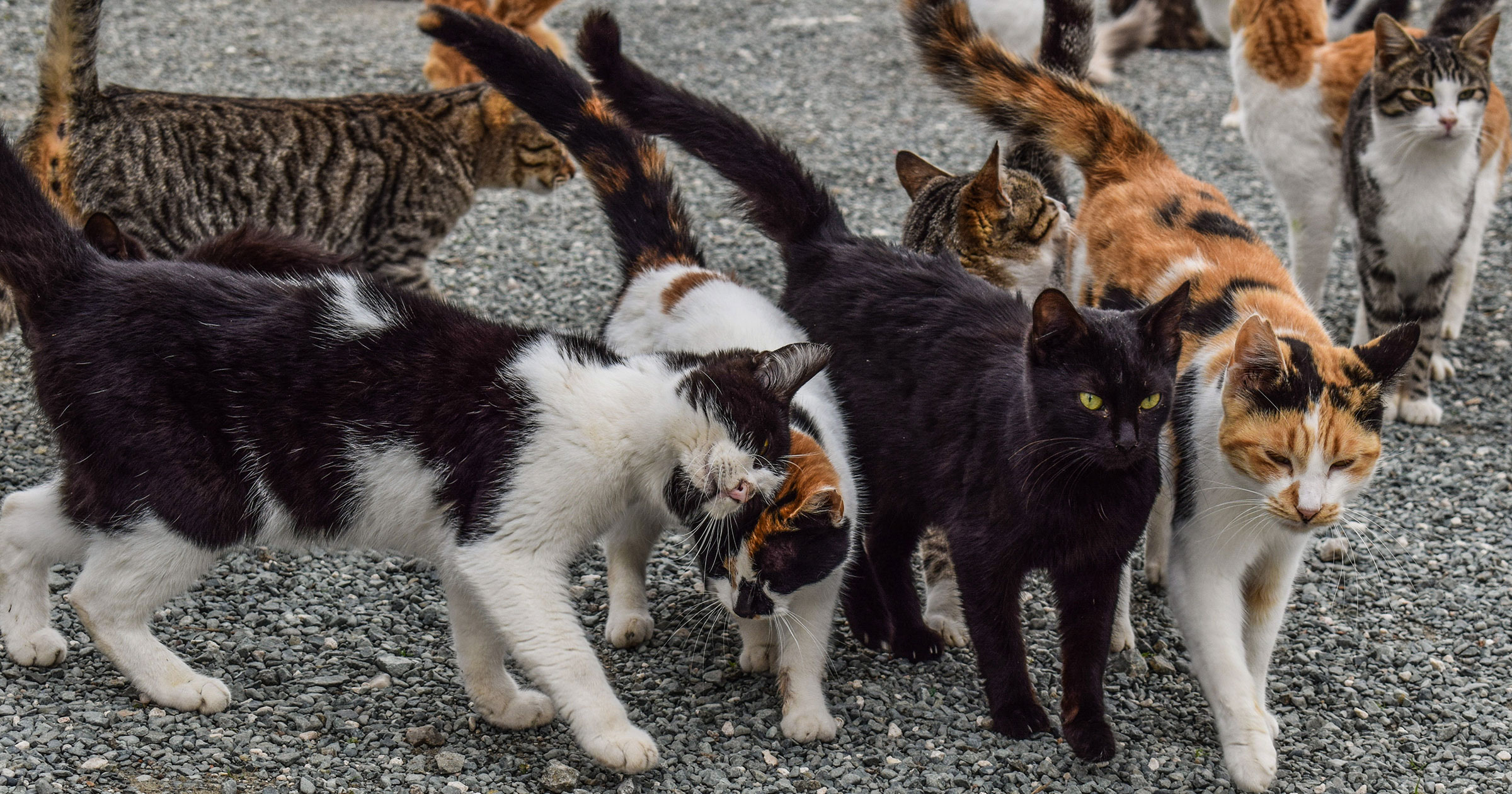Cats And Coronavirus Symptoms
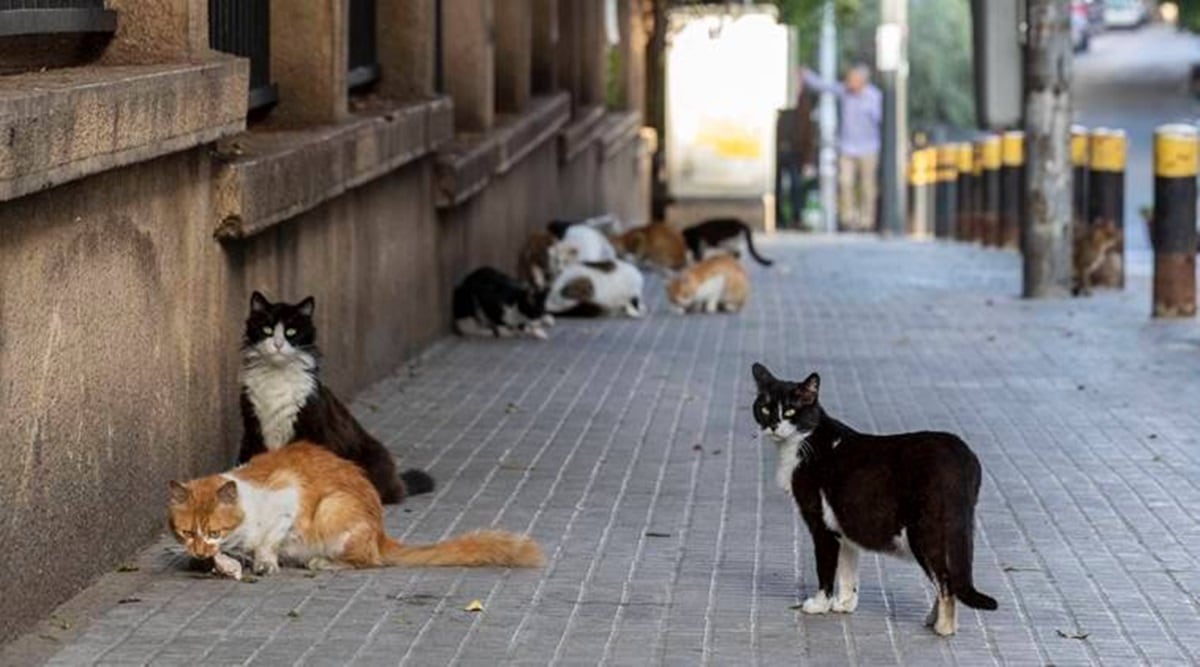
The animals had no or mild symptoms.
Cats and coronavirus symptoms. Although several animal species have been infected with SARS-CoV-2 these. The most common human symptoms are a high temperature a new continuous cough or a loss or change to your sense of smell or taste. It is more commonly found in multi-cat households and does not affect.
Can FIP be. Animals reported infected include. What to do if you think your cat has COVID-19.
All 11 pets that underwent a second round of tests after another 1 to 3 weeks tested positive for antibodies and 3 cats still were positive for COVID-19. Six of 154 cats 39 and 7 of 156 dogs 45 tested positive for COVID-19 while 31 cats 201 and 23 dogs 147 had coronavirus antibodies. FCoV is a common and contagious virus which is passed in the faeces of cats.
In the naturally occurring case of feline COVID-19 from Belgium the cat developed GI and respiratory problems and recovered within nine days. If your pet is experiencing respiratory symptoms or other nonspecific symptoms such as lethargy or not wanting to eat or drink then contact your veterinarian for further guidance. Two cats in New York have been infected with the novel coronavirus federal officials announced Wednesday.
Cats appear to be at least mildly susceptible to COVID-19. The majority of cases were mild and only 20 percent of dogs and 30 percent of cats had symptoms. Feline Coronavirus FCoV and Feline Infectious Peritonitis FIP VETERINARY GUIDE 10.
As of late July a total of 97 cats in the United States have tested positive for the virus. The first signs of illness following infection from the feline infectious peritonitis virus can show after just a few days or only several months later. Symptoms of coronavirus in cats.

